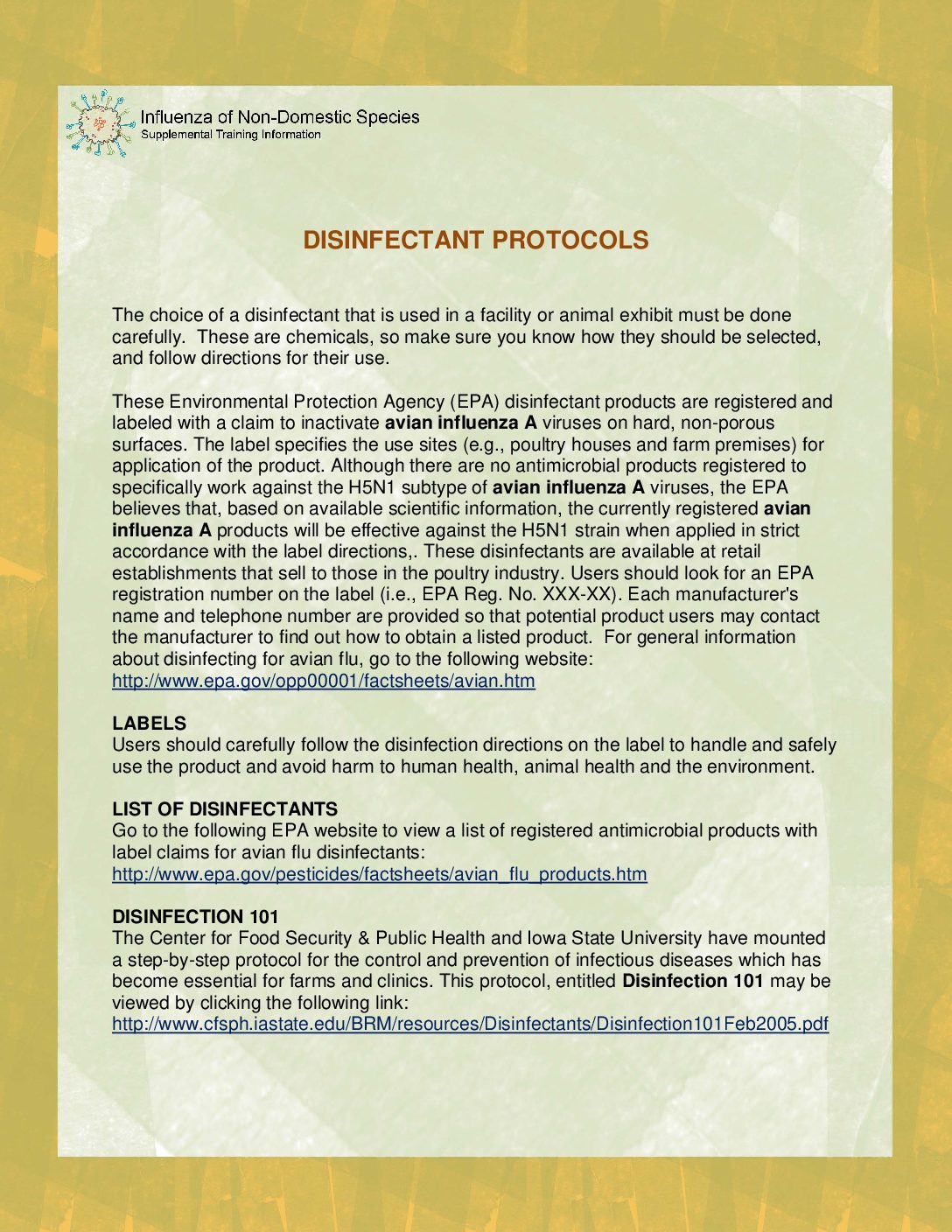In the ongoing response to Hurricane Harvey the exotic animal community has gone above and beyond to assist facilities in need, proving once again that helping one another is in our DNA. As the long road to recovery from Harvey begins, Hurricane Irma is now potentially threatening the United States.
Whether your facility is directly impacted or you are responding to another in need, documentation of assistance is very important. The following information is very important for responders to Hurricane Harvey, and may be even more important if Irma impacts the US. Included below are some basics on resource management and cost tracking, provided by Dr. Kevin Dennison of USDA Animal Care. Please note that any specific questions about FEMA should be directed to your local Emergency Management agency.
Also included below are links to downloadable to-do lists and tracking documents for anyone that may not have a template readily available, and information on American Veterinary Medical Association (AVMF)’s Disaster Reimbursement Grants.
Basics on Resource Management and Cost Tracking
Provided by Dr. Kevin Dennison, National Emergency Management Staff Veterinarian, USDA-APHIS Animal Care
Major disasters are complex challenges for local, state, federal and non-governmental response partners.
- In major disasters, FEMA may provide direct response support and reimbursement grants (Public Assistance Grants) to eligible applicants for eligible expenses. Typical cost shares are 75% Federal and 25% State/Local but currently the FEMA is picking up 100% of eligible assistance costs for 30 days, then 90%.
- Documentation of all expenses, work and authorization for that work is critical. This includes documentation that work was part of the official response (such as orders or email communications) and detailed documentation of what work was done, personnel, their positions (veterinarians vs volunteers for example) and any equipment (including vehicles) and supplies used. You cannot track too much detail on costs!
- Donations and voluntary efforts, if documented, may sometimes be used towards the State or local cost share.
- Some non-governmental organizations may be eligible sub-applicants for FEMA. Local or State emergency management personnel can provide specific insight to eligibility of a non-governmental entity. As an example, however, a nonprofit organization that operates a zoo on city lands might be considered an eligible sub-applicant. A nonprofit organization providing emergency sheltering for the county might also be eligible, depending on contracts, agreements and tasking orders.
The following recommendations should be considered when requesting resources or responding to incident needs:
- It is important for locally responding agencies and organizations to request resources through their established jurisdictional Incident Command or through the local Emergency Operations Center. Any agency or organization sending resources should consider whether they have an official request and if they are working in coordination with their own local emergency management agency.
- All personnel should check into the incident. If not checked into the incident with the appropriate local authorities, there could be safety and accountability concerns and the work might not be eligible to be considered in future cost sharing grant applications.
- Questions on resource requests, credentialing, incident access and responder safety should always include local authorities. Informal discussion can include a variety of agencies or organizations, but such discussion should not replace those critical resource request, mobilization and check-in processes.
- Final guidance on cost tracking and cost eligibility should be directed to local emergency managers. Local and state emergency managers should consult with FEMA on such issues.
Checking in personnel, ordering resources, tracking response costs and donations can be critical, even if the organization isn’t eligible for FEMA assistance. Donors, stakeholders, and organizational managers will need to understand your investment in response!
Please be safe, communicate clearly, and coordinate with your local and state emergency management authorities!
AVMF Disaster Reimbursement Grants
AVMA member veterinarians who have provided emergency veterinary medical care and temporary boarding to animal victims of disasters are eligible to apply for reimbursement grants on the AVMF website at: http://www.avmf.org/for-veterinarians/disaster-reimbursement-grants/
Tracking Documents and To-Do Lists
Insurance companies will need documentation of all of your losses, time spent on response by your employees, and any services rendered. If your institution is eligible for FEMA reimbursement this information will be vital in preparing your request. We have included downloadable to do lists and tracking documents below for anyone that may not have a template available. These documents are provided courtesy of Lynn Cox at Detroit Zoological Society.

